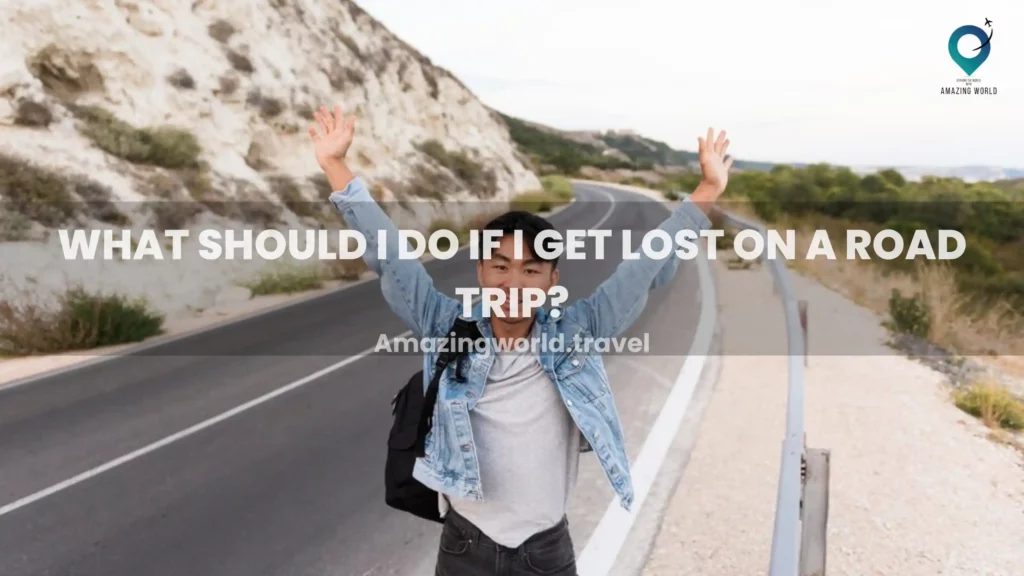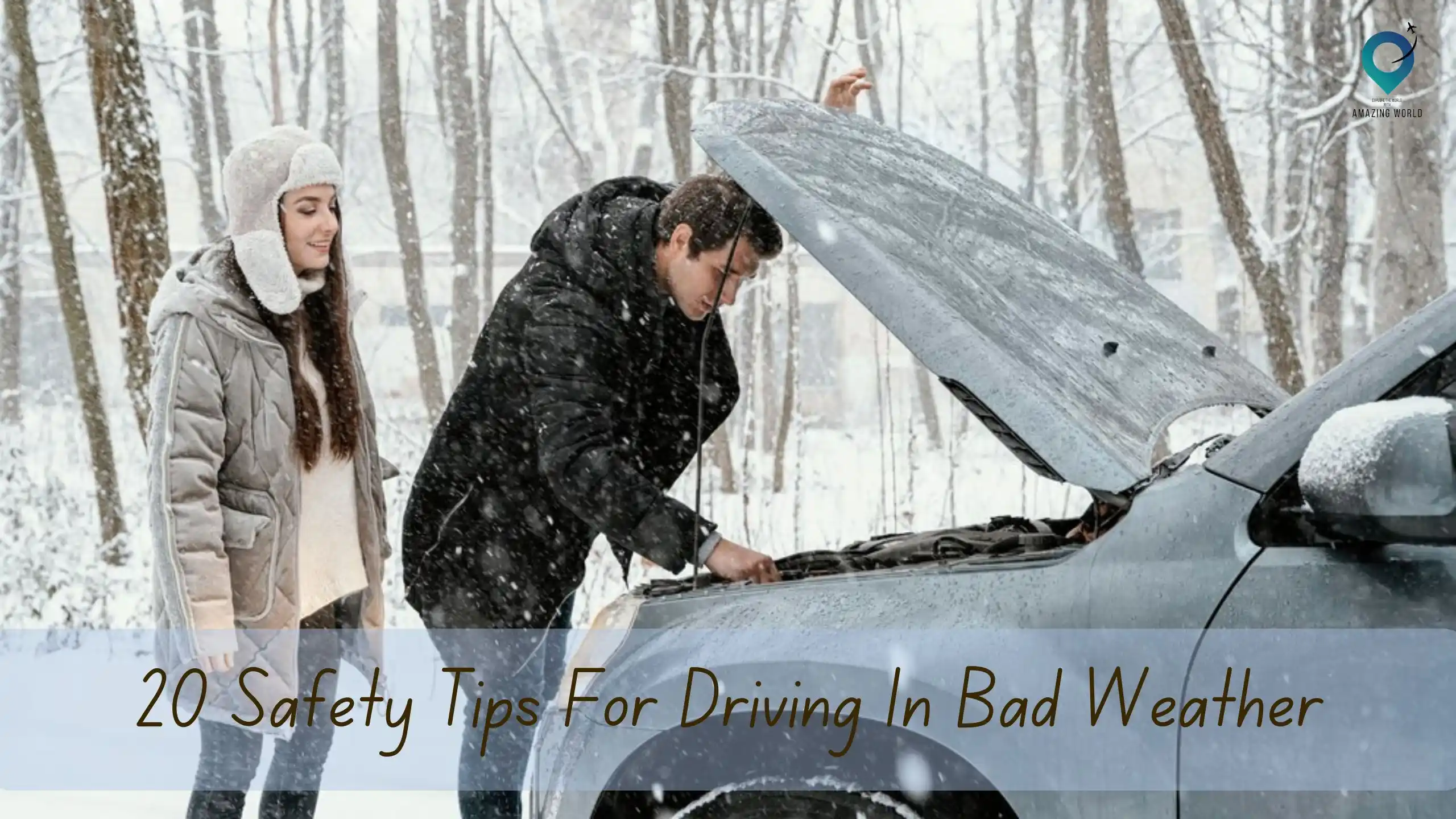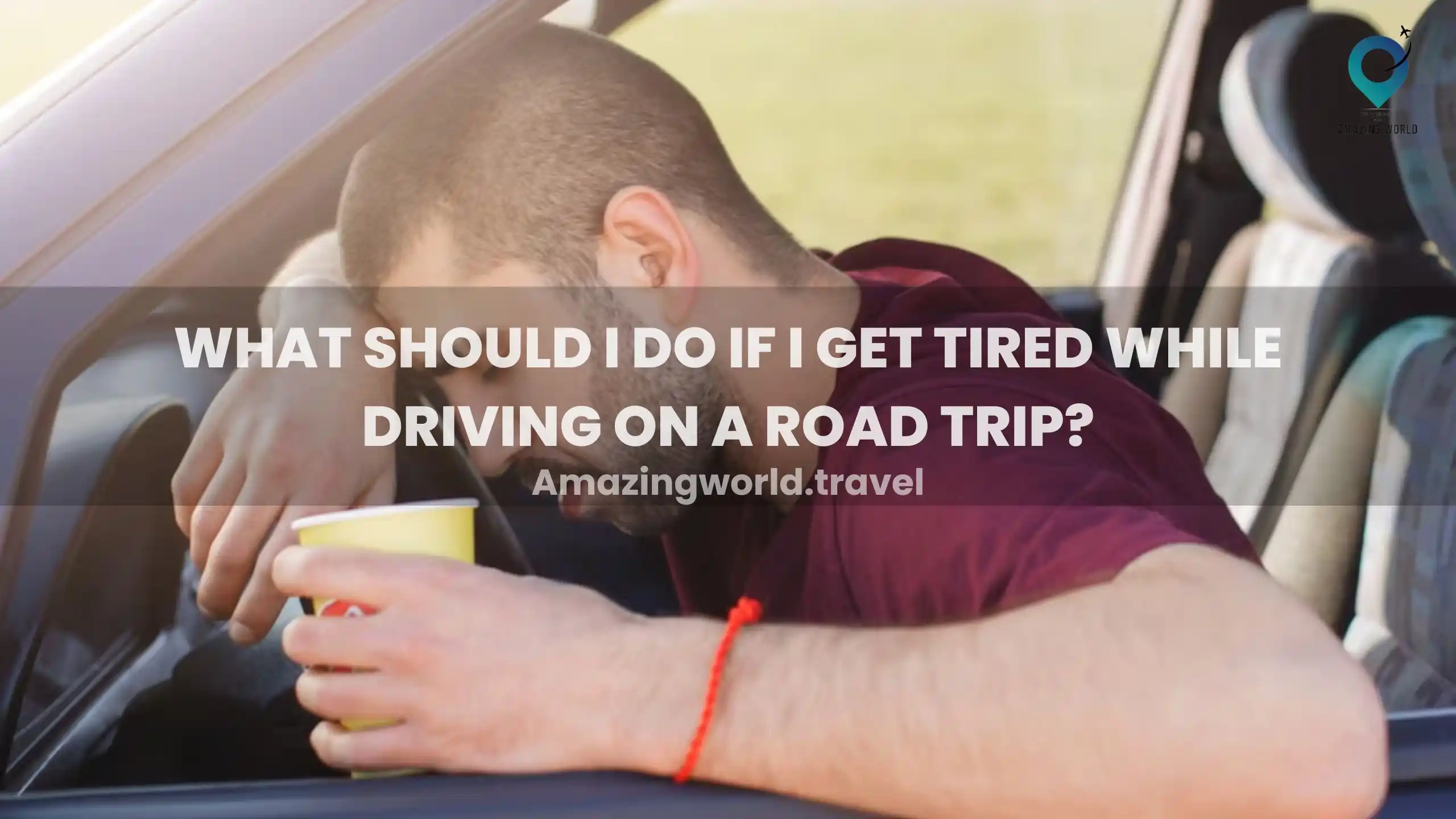10 Things to Do When You’re Lost on a Road Trip
Table of Contents
Toggle
Road trips are a thrilling way to explore new places, create unforgettable memories, and embark on exciting adventures. Whether you’re traveling alone, with friends, or with family, road trips offer a sense of freedom and discovery. However, even the most well-planned trips can encounter unexpected detours, and getting lost is a possibility that can be disorienting and stressful. But fear not!
In this guide, we will provide you with valuable tips on what to do if you find yourself lost on a road trip, ensuring you can navigate your way back to your intended route with confidence and ease.
1. Pull Over Safely
When you realize you’re lost, the first step is to find a safe spot to pull over. Look for a designated parking area, a well-lit spot on the side of the road, or an easily accessible rest stop. Ensure that your vehicle is completely off the road and away from traffic to avoid any potential accidents.
2. Assess the Situation
Once you’ve pulled over, take a moment to assess the situation. Check your map, GPS, or navigation system to understand your current location and compare it to your intended route. Pay attention to any landmarks, signs, or recognizable features that can help you pinpoint your position.
3. Use Navigational Tools
In this digital age, we have an array of navigational tools at our disposal. If you have a GPS device or a smartphone with a reliable navigation app, use it to find your way back on track. Input your destination or the nearest known landmark to receive turn-by-turn directions and real-time updates.
4. Ask for Directions
If you’re unable to rely on your navigational tools or prefer a more human touch, don’t hesitate to ask for directions. Approach nearby locals, gas station attendants, or fellow travelers for assistance. People are often willing to help, and their local knowledge can be invaluable in guiding you back to the right path.
5. Follow Road Signs
While on your road trip, pay close attention to road signs, especially those indicating directions to major cities or tourist destinations. Follow these signs to get back on track or reach a known location from where you can reassess your route. Remember, road signs are designed to assist travelers and can be a reliable source of guidance.
6. Contact Roadside Assistance
If you’re unable to find your way back or encounter any car-related issues, contacting roadside assistance can be a wise move. They are equipped to handle various situations, including providing directions, offering towing services, or helping with minor repairs. Keep their contact information handy before your journey to ensure you have immediate access to their services if needed.
7. Use Common Sense
When you find yourself lost on a road trip, it’s important to use your common sense to navigate the situation. Here are some practical tips:
- Stay on main roads: Stick to well-traveled routes and avoid venturing onto unfamiliar, remote roads. This increases your chances of finding assistance and reaching populated areas where you can ask for directions.
- Don’t rely solely on technology: While GPS and navigation apps are helpful, technology can sometimes fail or lead you astray. Supplement your digital tools with traditional maps or guidebooks to ensure you have alternative references.
- Stay visible: If you’re pulled over on the side of the road, make sure your vehicle is visible to passing motorists. Turn on your hazard lights, raise your hood, or place reflective triangles behind your car to alert others to your presence.
- Trust your instincts: If something doesn’t feel right or if a certain road or area seems unsafe, trust your instincts and find an alternate route. It’s better to take a slightly longer detour than to put yourself in a potentially dangerous situation.
8. Stay Prepared
Before embarking on a road trip, it’s essential to be prepared for unforeseen circumstances, including getting lost. Here are some tips to help you stay prepared:
- Carry a physical map: Even if you rely on digital navigation, having a physical map of the area you’re traveling through can be invaluable. It provides a visual reference and doesn’t depend on battery life or signal availability.
- Pack essentials: Keep a roadside emergency kit in your vehicle that includes items like a flashlight, spare tire, jumper cables, and a basic toolkit. These can come in handy if you encounter any car-related issues while trying to find your way.
- Charge your devices: Ensure your GPS device or smartphone is fully charged before setting off on your road trip. Consider investing in a car charger or portable power bank to keep your devices powered up during the journey.
- Share your itinerary: Inform a trusted friend or family member about your road trip itinerary, including planned stops and estimated arrival times. This way, someone will be aware of your route and can take appropriate action if you go off track or if you fail to check in as planned.
9. Learn Basic Phrases
If you’re traveling in a foreign country where you don’t speak the language, learning a few basic phrases can greatly assist you if you get lost. Here are some useful phrases to know:
- “Excuse me, can you help me find my way back?” – “Excusez-moi, pouvez-vous m’aider à retrouver mon chemin ?”
- “Where is the nearest gas station?” – “Où se trouve la station-service la plus proche ?”
- “I am lost. Can you give me directions to [your destination]?” – “Je suis perdu(e). Pouvez-vous me donner des indications pour [votre destination] ?”
- “Is there a tourist information office nearby?” – “Y a-t-il un office de tourisme à proximité ?”
Learning these basic phrases can make it easier for you to communicate with locals and seek assistance in finding your way back on track.
10. Stay Positive and Learn from the Experience
Getting lost on a road trip can be stressful, but it’s important to maintain a positive attitude throughout the situation. Remember, road trips are meant to be an adventure, and getting lost is often part of the journey. Instead of letting frustration take over, embrace the opportunity to discover new places, meet new people, and learn from the experience.
Every detour can lead to unexpected and exciting discoveries that you may not have encountered otherwise. So, keep an open mind, enjoy the scenic routes, and appreciate the journey, even if
Conclusion
Getting lost on a road trip can be a daunting experience, but with the right mindset and preparation, you can navigate through it smoothly. Remember to stay calm, use navigational tools, seek assistance from locals, and follow road signs. By following these tips, you’ll find your way back to your intended route and continue enjoying your exciting journey.
So, don’t let the fear of getting lost deter you from embarking on your road trip adventure. Embrace the unexpected, explore new paths, and create cherished memories that will last a lifetime!
How much did you like Our detailed What Should I Do If I Get Lost on a Road Trip? | 10 Tips? Review Also, please share these Blogs with your friends on social media.
Related Article –
- Road Trips Ideas | 12 Tips to Prepare Your Car for a Long Road Trip?
- 150 Best Places to Visit in the United States In 2023
- Road Trip With Kids
- How to Stay Awake While Driving Long Distances
- Audiobooks to Listen to On Your Road Trip
- How to Create an Epic Itinerary Road Trip
FAQs
What should I do if I don’t have a cell signal and can’t use my navigation app?
In areas with poor or no cell signal, offline maps and GPS devices can come to your rescue. Before your road trip, download offline maps of the regions you’ll be traveling through or invest in a reliable GPS device that doesn’t require internet connectivity.
How can I prevent getting lost on a road trip?
Planning is key! Before embarking on your road trip, thoroughly research your route, study maps, and have a general understanding of the roads you’ll be traveling on. Consider using a combination of navigational tools to ensure you have multiple options in case one fails.
What if I get lost at night?
Getting lost at night can be more challenging, but it’s essential to remain calm and follow safety protocols. Pull over in a well-lit area, use your vehicle’s hazard lights to alert other drivers, and consider contacting roadside assistance or the local authorities for guidance.
Should I rely solely on GPS navigation?
While GPS navigation systems are incredibly helpful, they can occasionally lead you astray or encounter technical issues. It’s always advisable to have backup options such as paper maps, compasses, or knowledge of general directions.
What if I get lost in an unfamiliar country with a language barrier?
When traveling to a country with a language barrier, it’s wise to learn a few basic phrases or carry a translation app. Approach local authorities, tourist information centers, or fellow travelers who may speak your language or be able to assist you.
How can I stay calm if I get lost on a road trip?
Getting lost can be frustrating, but it’s important to remember that it’s a solvable problem. Take deep breaths, listen to soothing music, and focus on finding a solution. Keeping a positive mindset will help you think clearly and make better decisions.

Meet David Hoper, a passionate travel Blog writer with 7+ years of experience in travel content. Through his exemplary storytelling and engaging narratives, he shares his experiences and brings destinations to life. With a keen eye for detail and a love for exploration, he has cultivated a diverse portfolio of travel blogs that inspire and inform readers worldwide.








